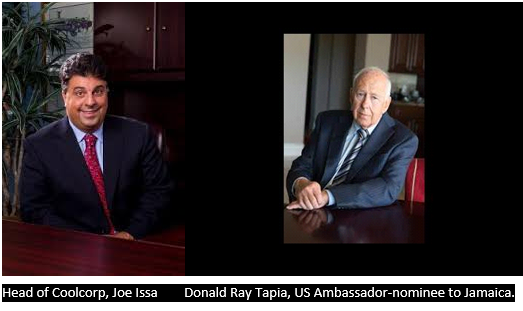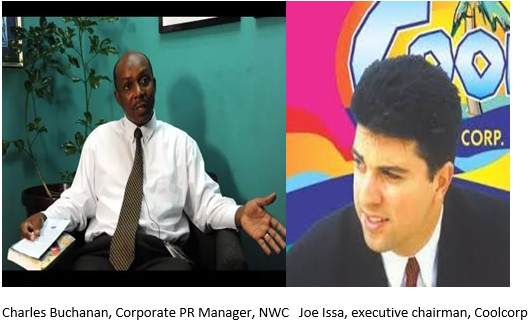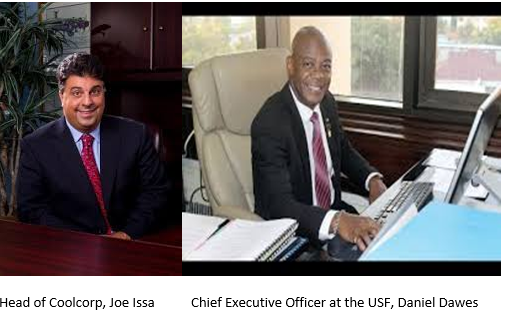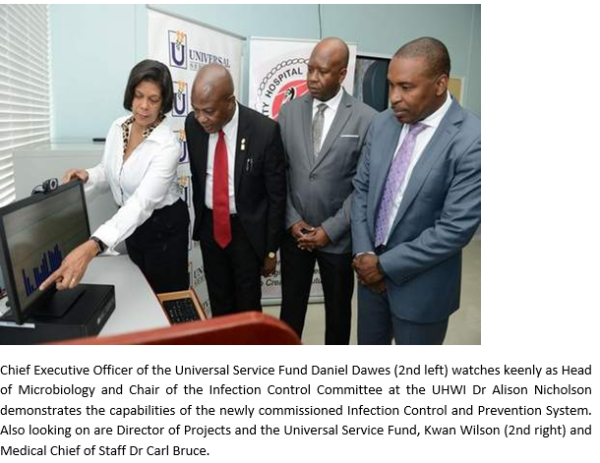
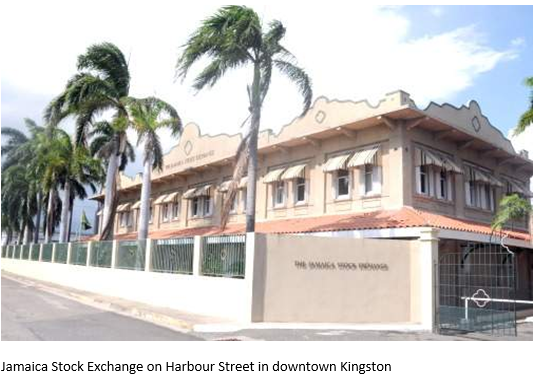
Multiple award-winning businessman Joe Issa, has hailed the performance of the capital market, stating it is a heaven for high returns from which everyone benefits.
“People who never used to invest their money are now removing it from their savings account to buy shares on the stock market, because of the high returns it has consistently generated in recent times, and that’s great for everyone: the companies, investors and the economy,” said Issa, who is believed to be among Jamaica’s most successful entrepreneurs.
Issa, who has received a national award for business was commending the performance of the stock market, which reportedly saw investors earning on average 42 per cent return since 2013.
The report in the Gleaner cited Managing Director of the Jamaica Stock Exchange (JSE), Marlene Street Forrest, who believes that the decision on whether one should put their money in a savings account or invest in the capital market has been made easier.
According to Street Forrest, business and investors alike have benefited from some $70 billion mobilised by Jamaica’s capital market over the past six years, while the Government has seen an increase of over 500 per cent in taxes from companies, both small and medium-sized, that have listed on the stock exchange during the period.
Speaking at a Symposium hosted by the Banking and Finance Department at the University of Technology, recently, Street Forrest was quoted by the Gleaner as saying, “The stock market provides a good avenue for people to mobilise capital, for the companies that want to get capital, its turning savers into investors.”
The event was themed ‘Growth and Development: Is expanding the capital market the answer?’ and brought together several organisation heads under one roof to discuss the issue. They included: IMF Representative for Jamaica, Constant Lonkeng-Ngouana; Associate Dean for Graduate Studies at the University, Dr Andrea Sutherland; Chief Investment Strategist and Head of Research, JN Fund Managers, Ramon Small-Ferguson; Small Business Association of Jamaica (SBAJ) president, Hugh Johnson; Group CEO of Jamaica Corporate Credit Union, Robin Levy; and Street Forrest.
Continuing, she said, “Savers who are earning one per cent on their money, had they invested the money, they could have earned up to 42 per cent on average from the Main and Junior market. The US-denominated market is 16 per cent.
“So if you take the 16 per cent, you are way above inflation, you are above what you could have earned at the bank and what it is doing is accelerating the growth and development of the country,” Street Forrest reportedly reasoned.
According to the report, she argues that the Government’s decision to offer a tax incentive to small companies willing to raise capital by giving up a portion of the business ownership, has augured well for the country, which moved from 2 per cent of the population investing in the capital market, to roughly 15 per cent last year.
“The global average is 25 per cent, so we still have some way to go but we are moving in a positive direction,” she reportedly said.
Street Forrest’s sentiments were echoed by JN’s Small-Ferguson and IMF’s Lonkeng-Ngouana, who reckoned that the growth in the country’s capital market follows on the reduction of Government of Jamaica debts becoming less available.
“It has forced people in the financial sector to invest more appropriately. So banks are now deploying more capital into loans which is what we should have been doing, and people in investment management space have to become more creative in how we drive the capital.”
He noted that with the “easy money” being gone, retail participation in that space has gone down significantly and instead the country is seeing individuals and companies participating in collective investment schemes, mutual funds, unit trusts among others, allowing for more appropriate allocation of capital.
